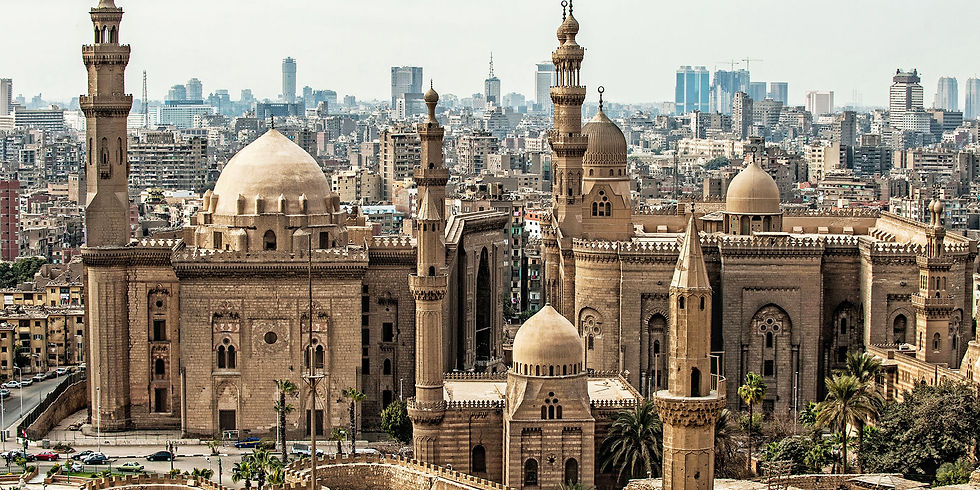Who Liberated Whom? Reflections from a Cairo Bus Ride
- thenuanceblogs
- Jun 20, 2025
- 2 min read
It started with a simple question on a bus in Cairo: “Why don’t Muslims rule in Egypt anymore?”
At the time, I responded with more questions than answers. Who has liberated whom—and for what? It struck a chord deep enough that I promised to look into it further. Here’s what I found.

To understand why Egypt—a majority-Muslim nation—is not governed today by Islamic law or leadership, we need to look at the long arc of its history and the deep imprint of empire. Egypt has been shaped by waves of conquest and redefinition, from the pharaohs to foreign empires, Islamic dynasties to British colonizers, and finally, to today’s secular republic.
Let’s briefly trace the four eras of Egypt’s political identity:
1. The Four Faces of Egypt
Ancient Egypt – ruled by native and foreign dynasties with deeply religious, polytheistic governance.
Greco-Roman Era – from Alexander to Byzantium, Egyptians were often second-class citizens in their own land.
Islamic Era – for nearly 900 years, Egypt was part of the broader Islamic Caliphate, governed by Islamic law.
Modern Era – beginning with British occupation and continuing into today’s secular military-led republic.
2. The Fall of Islamic Governance
The shift from Islamic rule didn’t come from within. It was engineered—meticulously—by imperial powers. The British in Egypt, like elsewhere, applied “divide and rule” with surgical precision:
Islamic institutions like Al-Azhar were deliberately weakened or sidelined.
Secular legal systems based on European codes replaced Sharia.
Westernized elites were promoted to leadership, disconnecting governance from religious identity.
Nationalism was cultivated to replace the transnational Islamic identity of the Ummah.
3. When “Liberation” Masks Occupation
Post-1952, Egypt became a republic in name, but real power often came from military leaders and foreign influence. Aid, loans, and weapons ensured loyalty to global powers—not local values. Even when Egyptians elected a Muslim-led government in 2012, it was short-lived. A military coup replaced it—with global silence.
All of this paints a clear picture: Egypt didn’t reject Islamic governance; it was methodically prevented from reclaiming it.
But here’s the bigger question…
If this is Egypt’s story, where else is this being repeated?
Where has imperialism not just taken land—but reprogrammed identities, crushed indigenous systems, and redefined “liberation” to suit its own image?
Have you seen or experienced a similar pattern closer to home—perhaps in your own country, culture, or community?
Let’s reflect. Share your thoughts in the comments.



Comments